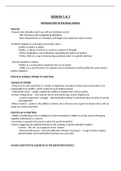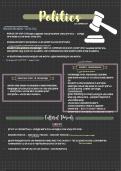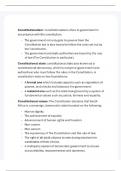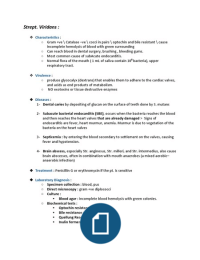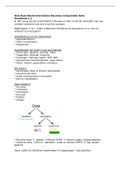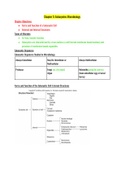Notas de lectura
Political Science
A full introduction to political science. Includes political systems, social structures, the science of power, case studies, experimental designs and research techniques, the types of democratic and non-democratic regimes, the process of consolidation of democracies, the structure of executive, leg...
[Mostrar más]
